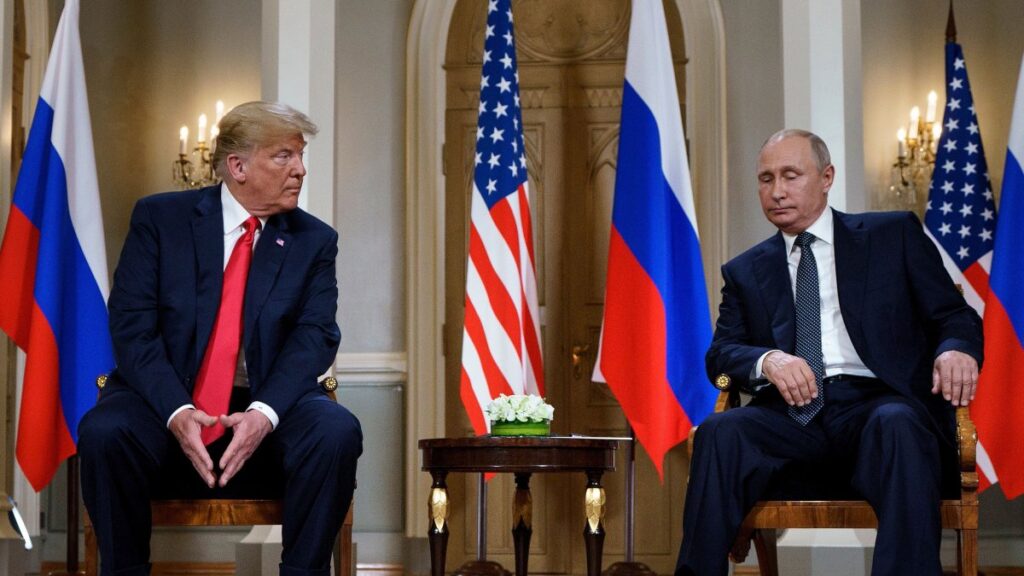
Akintunde Oyedokun
Research Analyst
Oil prices dropped to their lowest levels since June on Wednesday, with Brent settling at $66.89 and WTI at $64.35, marking a fifth straight day of losses. The decline was driven by uncertainty over potential U.S. sanctions on Russia after President Trump hinted at progress in talks with Moscow, while a new 25% tariff on Indian goods over Russian oil imports added to market tension. Expectations of higher OPEC+ supply also pressured prices, overshadowing a bullish 3 million-barrel drop in U.S. crude inventories and Saudi Arabia’s continued price hikes for Asian buyers.
German Industrial Orders Decline 2nd Month As Export Demand Falters
Germany’s industrial orders fell by 1% in June, extending a downward trend amid weakening demand from abroad. Foreign orders dropped 3%, with a steep 7.8% plunge from non-eurozone countries—signaling early effects of new U.S. tariffs on EU goods.
The fall was compounded by a sharp 23.1% drop in transport equipment orders and weakness in the auto and metal sectors. While domestic demand rose 2.2%, the outlook remains fragile as global trade tensions and higher export costs weigh on recovery hopes.
RBI Holds Rates Amid Tariff Threats, Record-Low Inflation
India’s central bank kept the repo rate steady at 5.50% on Wednesday, balancing global trade headwinds with record-low inflation. Governor Sanjay Malhotra said the economy remains stable, but warned that upcoming 25% U.S. tariffs and uncertainty over India’s oil trade with Russia could impact growth.
Inflation dropped to a six-year low of 2.1% in June, leading the RBI to cut its annual forecast to 3.1%. While further easing is possible, the central bank signaled a cautious approach. Bond yields rose slightly as traders saw limited hints of dovishness in the policy tone.
Ghana’s Defence, Environment Ministers Die in Airforce Helicopter Crash
Defence Minister Edward Omane Boamah, Environment Minister Ibrahim Murtala Muhammed, and six others died in a Ghanaian military helicopter crash on Wednesday. The government called it a national tragedy and extended condolences to the families.
Radar contact with the Z9 helicopter was lost before the crash. Boamah, appointed in January, was handling a growing security burden amid threats from Sahel-based militants and local conflicts in Ghana’s northeast.
CBN’s Tightening Measures Cut Money Supply For 3rd Month Running
Nigeria’s broad money supply (M3) fell by 1.27% in June 2025 to ₦117.4tr, marking the third consecutive monthly decline as the Central Bank of Nigeria (CBN) continues efforts to tighten liquidity and control inflation.
Net foreign assets dropped to ₦40.7tr, while net domestic assets rose to ₦76.8tr, cushioning the overall fall. M2 and M1 also declined, reflecting tighter monetary conditions and reduced cash availability.
The trend highlights the impact of CBN’s sustained monetary tightening through higher interest rates and open market operations, as it works to manage inflation and stabilize the naira.










